Plenary speakers
Get to know the plenary speakers joining us at BES2023
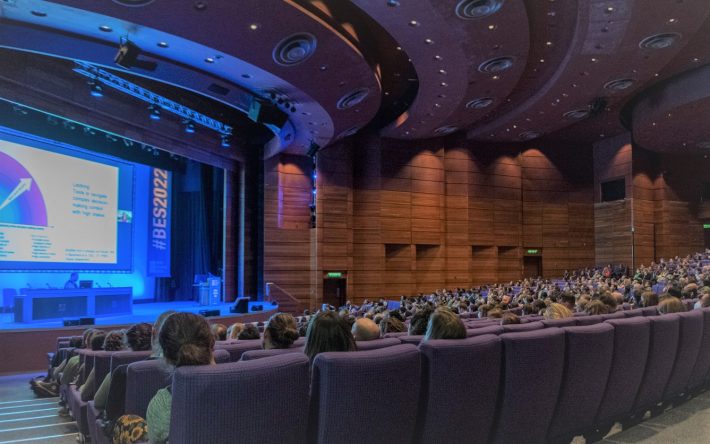
At the core of our Annual Meeting are four internationally renowned plenary speakers. This year we are delighted to announce they will be:
Jane Stout – 12 Months in Ecology
Trinity College Dublin
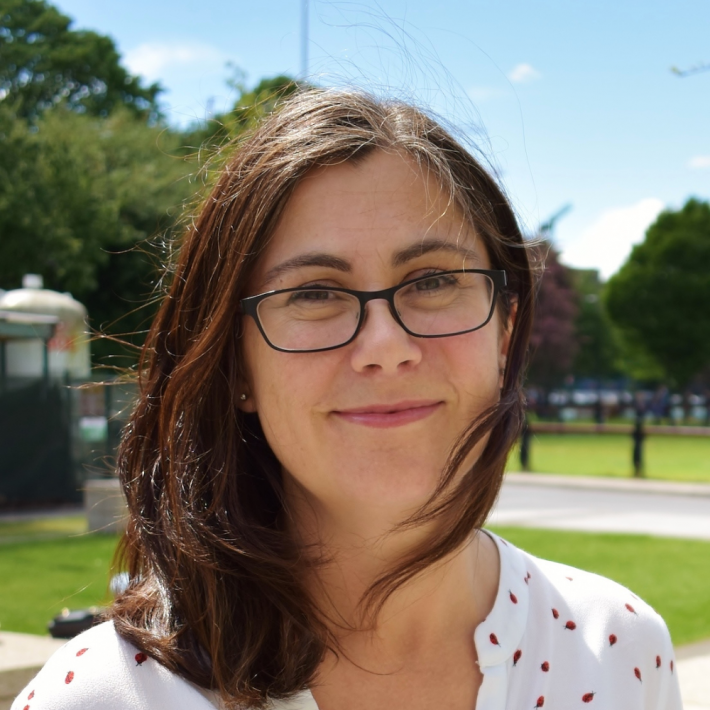
Jane Stout is a Professor at Trinity College Dublin, whose work focusses on understanding complexities of natural ecosystems and interactions between nature and people. An internationally renowned expert on pollinator and pollination ecology, Jane is a prominent voice for biodiversity and its value. Her research helps to identify societal and business risks associated with biodiversity loss, and development of habitat management solutions. In Trinity College, Jane is Vice President for Biodiversity and Climate Action, embedding sustainability as a key priority throughout operations, education and research. Prior to this, she was co-Director of the Nature+, the Trinity Centre for Biodiversity & Sustainable Nature Based Solutions, and led a large team in the Plant-Animal Interactions Research Group. Beyond Trinity, Jane works across many disciplines, and with a broad range of public and private organisations, to improve environmental policy and practice. She is co-founder of the All-Ireland Pollinator Plan and Natural Capital Ireland.
Yadvinder Malhi – Presidential address
University of Oxford
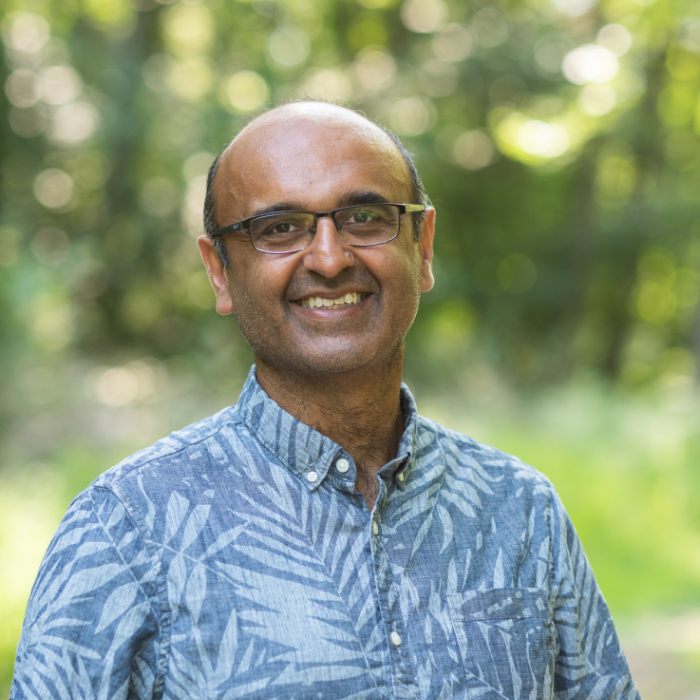
Yadvinder Malhi is Professor of Ecosystem Science at the University of Oxford, Jackson Research Fellow at Oriel College, Oxford and Director of the Leverhulme Centre for Nature Recovery. His research has focused on how the biosphere is responding to global change and feeds back on global change, with a particular focus on the tropics. He has extensive experience of working with partners in the tropics, notably in establishing a global network of intensive forest monitoring plots across tropical ecosystems, in sites ranging from the slopes of the Andes and Amazonia, the forests of Africa and Borneo, the savannas of Africa and the oceanic islands of the Indian and Pacific oceans. More broadly, he works on the challenges of maintaining a flourishing biosphere in the Anthropocene. Recently he has also focused on the challenge of how to generate nature recovery at scale in response to the ongoing decline of biodiversity. He is a Fellow of the Royal Society, where he has chaired several of its biodiversity activities, a Trustee of the National History Museum of London, sits on the Environment Council of the First Minister of Scotland, and is President of the British Ecological Society.
Isabella Tree – The BES Lecture
Writer and conservationist
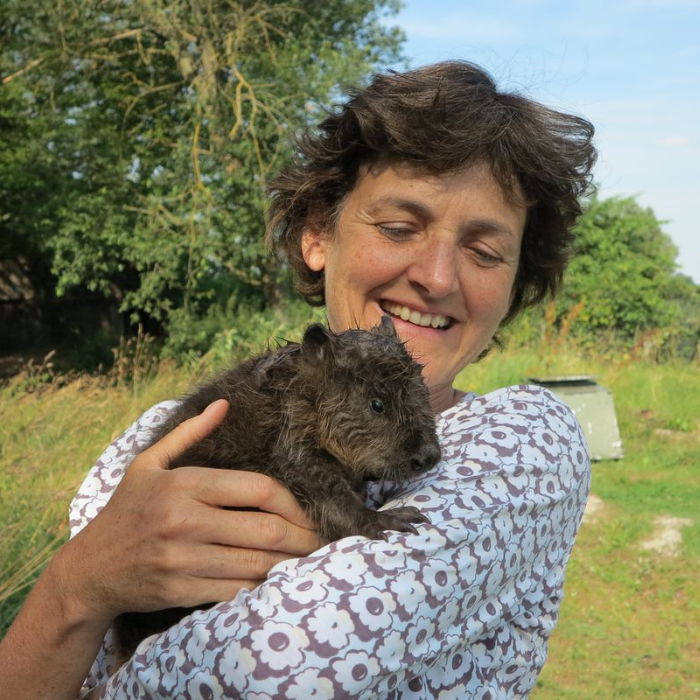
Isabella Tree is an award-winning journalist and author, and lives with her husband, the conservationist Charlie Burrell, in the middle of a pioneering rewilding project in West Sussex. She is author of five non-fiction books. Her book Wilding, the story of the ambitious journey she and Charlie undertook to rewild their farm, has sold quarter of a million copies worldwide and been translated into 8 languages. It won the Richard Jefferies prize for nature writing, was shortlisted for the Wainwright prize and was one of the Smithsonian’s top ten science books for 2018. In 2020 Isabella was awarded a CIEEM Medal for her contribution to ecology and environmental management, and in 2021 she received the Royal Geographical Society’s Ness Award. She served on the Mayor of London’s 2022/3 Rewilding London Task Force.
You will be able to speak with Isabella and purchase signed copies of her book directly after her plenary talk on Wednesday 13 December.
Stuart Davies – The Georgina Mace Lecture
ForestGEO Director and Frank H. Levinson Chair, Senior Staff Scientist
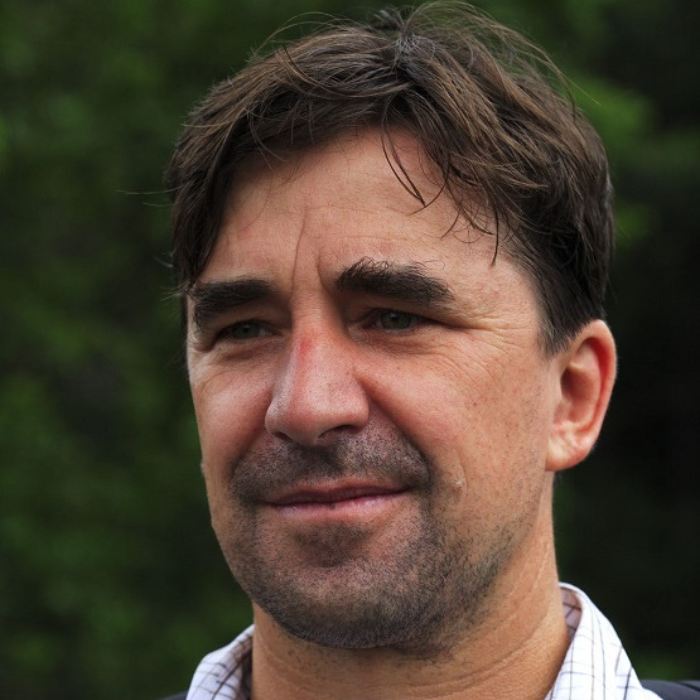
Stuart Davies is Director of the Forest Global Earth Observatory at the Smithsonian Institution. He holds the Frank Levinson Chair in Global Forest Science and is a Senior Staff Scientist at the Smithsonian Tropical Research Institute. His research investigates ecological and evolutionary influences on variation in rain forest communities across the tropics. He uses a range of demographic, community, biogeographic, and evolutionary studies to understand how environmental factors constrain species distributions and affect demographic and ecological processes. These studies are fundamental to understanding the origins of diversity in forests, and for developing a more predictive framework for understanding the impacts of changing land-use and global climatic changes on forests. As Director of ForestGEO, Stuart sets the scientific direction of the network, including site coordination, raising funds, strengthening scientific capacity, and increasing scientific impact of ForestGEO on the global scientific community and the public.
We’d like to thank Wiley for sponsoring our plenary speaker sessions at the BES Annual Meeting 2023.

Like what we stand for?
Support our mission and help develop the next generation of ecologists by donating to the British Ecological Society.